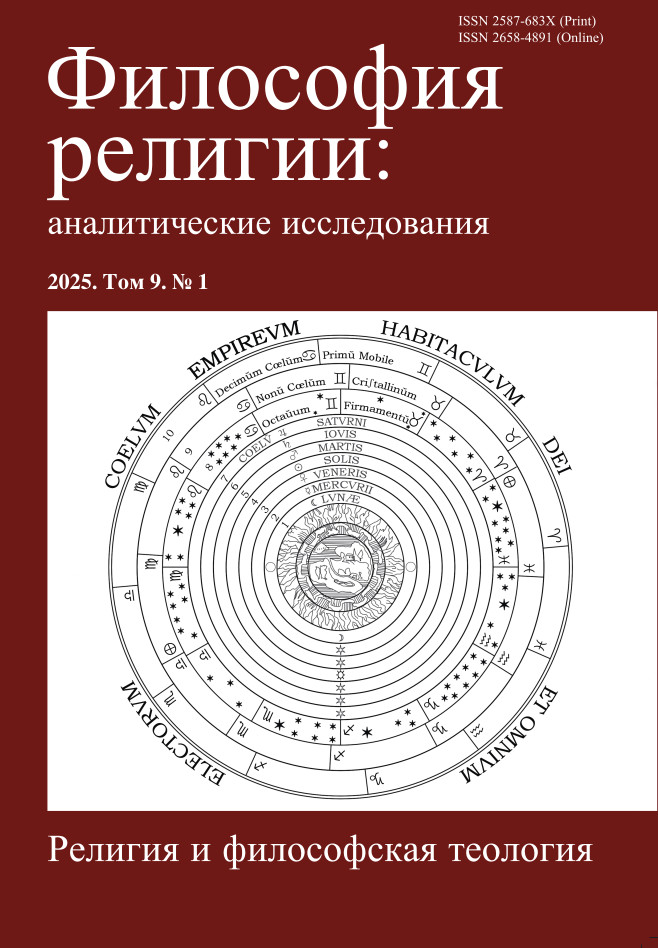Peirce and the Reality of God
DOI:
https://doi.org/10.21146/Keywords:
Peirce, theistic arguments, theism, atheism, worship, neglected argument, argument from designAbstract
This paper undertakes a critical analysis of Charles Sanders Peirce’s so-called “neglected argument” for the reality of God, originally published in 1908. The study begins by identifying the Christian character of Peirce’s reasoning. A general analytical framework for examining theistic arguments is proposed, which serves as the basis for a detailed exploration of Peirce’s reasoning. Central to this analysis are Peirce’s definitions of God and reality as well as the formal structure of his argument and the epistemic standards it seeks to satisfy. The paper also examines the methodological commentary provided by Peirce in conjunction with his argument. Furthermore, the study addresses the classificatory question of where Peirce’s argument stands within the broader taxonomy of theistic proofs. While acknowledging substantive parallels with classical arguments for God’s existence, the paper contends that Peirce’s argument is more aptly understood as addressing the religious problem of worship rather than the metaphysical problem of God’s existence. The paper also engages with contemporary scholarly critiques of the neglected argument, particularly the objection that Peirce fails to provide independent justification for transitioning from the formulation of a theistic hypothesis to its acceptance as true. In response to these critiques, the conclusion proposes a reformulation of Peirce’s argument that incorporates these objections, thereby offering a more robust and defensible version of his original thesis.

 This work is licensed under a
This work is licensed under a 
